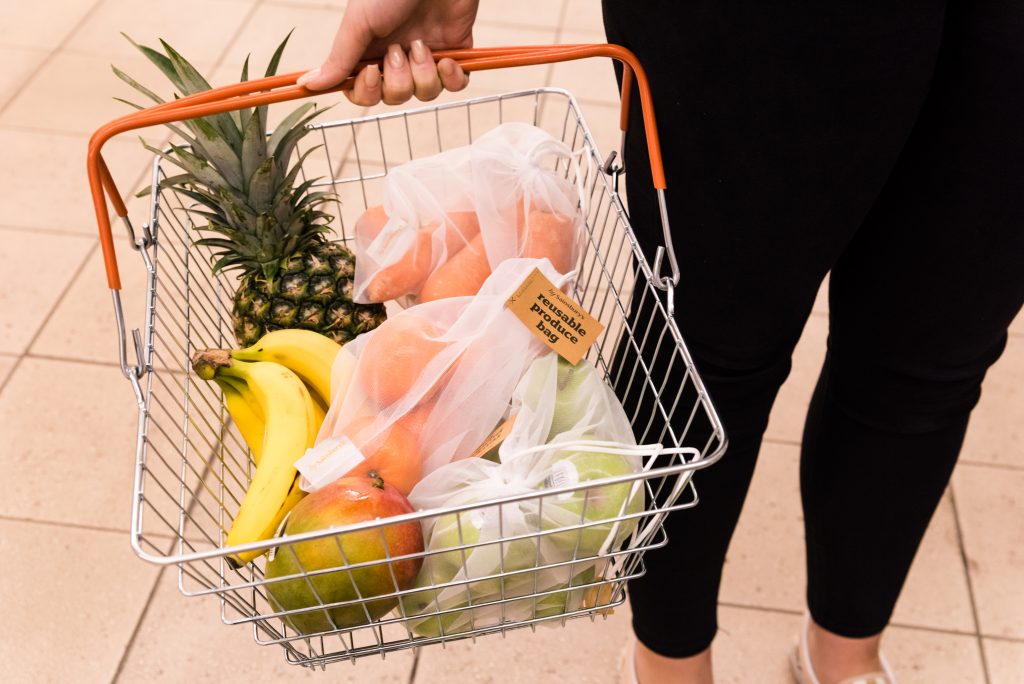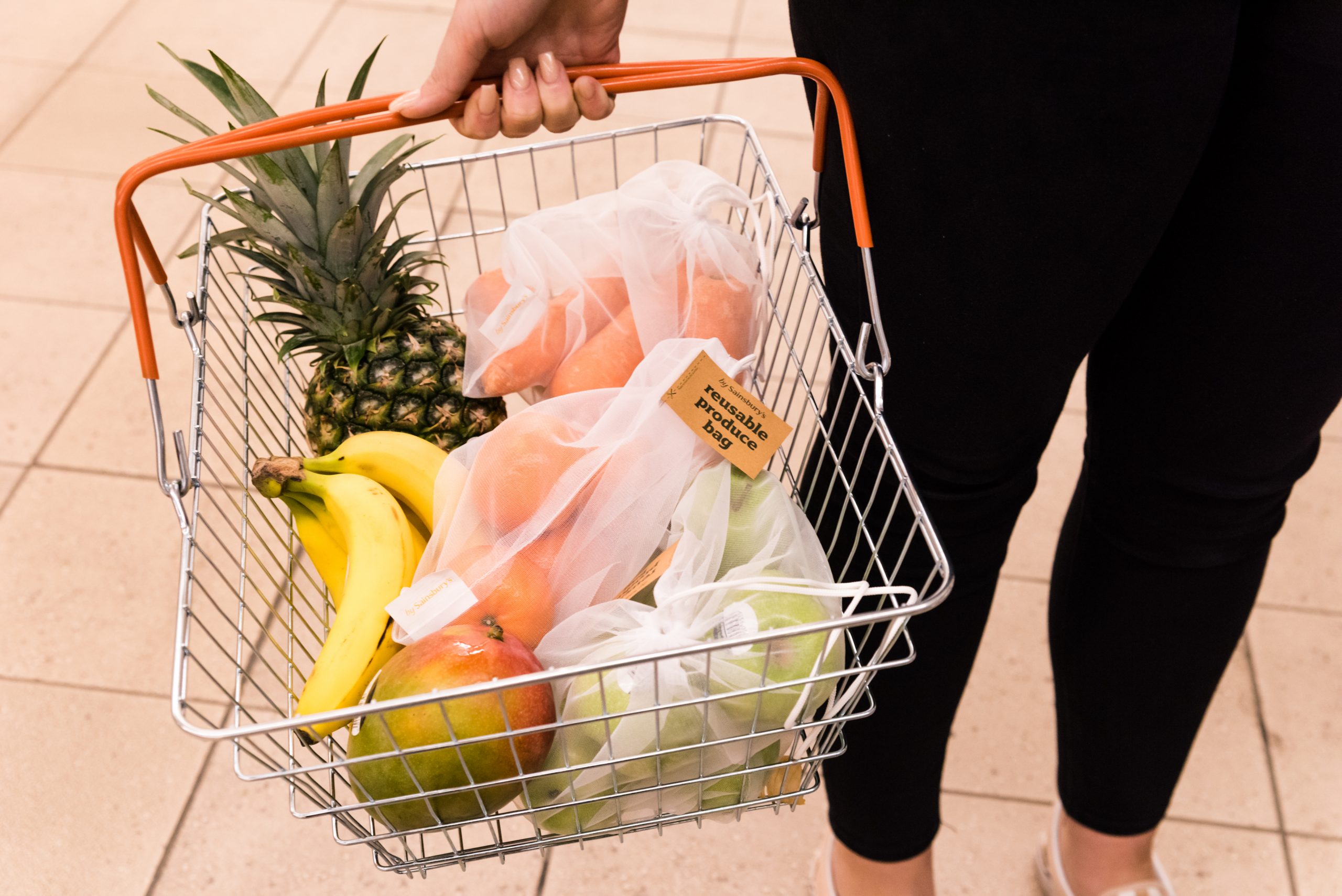Less affluent Brits consuming less veg
A report by Veg Power shows that lower-income families in the UK are buying fewer vegetables in favour of unhealthy alternatives, as the cost of living crisis impacts consumer buying behaviour. Examining purchases over the Christmas period, the report found that families on lower incomes reduced their spend on vegetables, with the figure nearly 18% lower than at Christmas 2018.
The YouGov survey of 1,836 people found that 28% of families with a combined household income of £30,000 or less agreed that energy costs led to less veg consumption, 20% agreed that they had reduced purchases of veg to save money, and 20% bought food treats for the family instead of veg, due to limited budgets. In addition, 28% strongly agreed that they spent less on food this Christmas compared to previous years. Of those people, 29% shopped more at discounters, 23% reported their food choices being determined by offers, promotions and discounts, and 45% spent less on going out over Christmas than in previous years.
Veg Power chief executive Dan Parker said: “An economist will tell you that vegetables are cheap, with lower than market inflation. A nutritionist will tell you that when measured in terms of cost per calorie, vegetables are expensive. At Veg Power our expertise is behaviour change, and our analysis is that lower-income family shoppers don’t think in either of these terms. They think in terms of risk: Will the food item be eaten? Will it cause friction and stress? When people have strain on budgets, then any food wasted is unacceptable. The key to keeping healthy food in lower-income baskets is not simply lower prices, it is giving parents greater confidence that the food will be eaten.”




